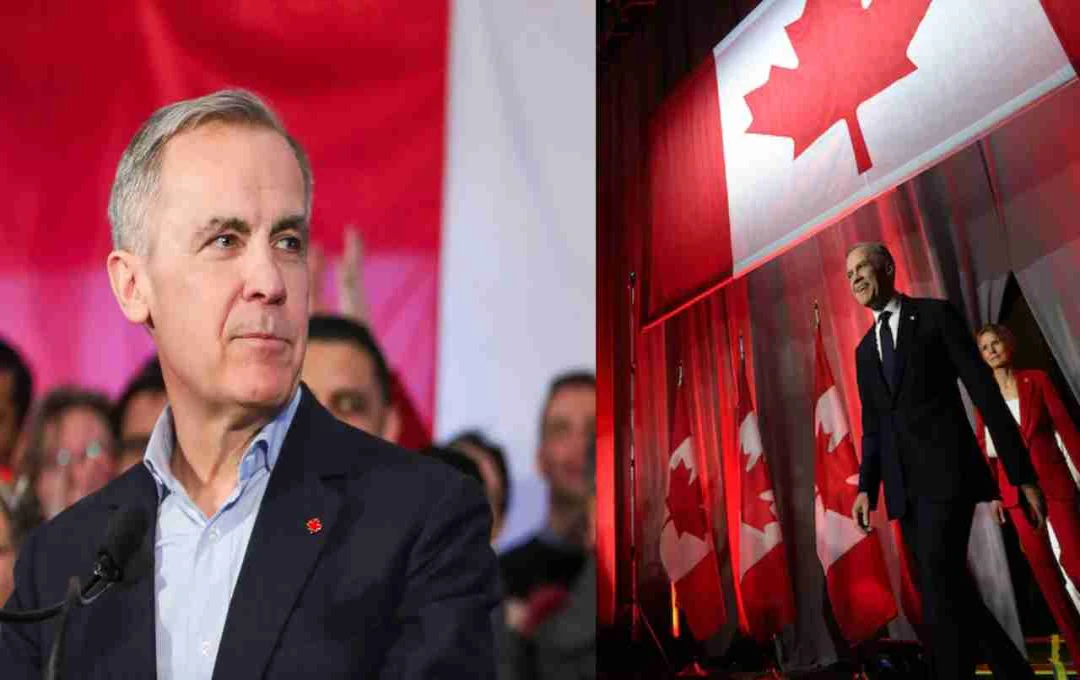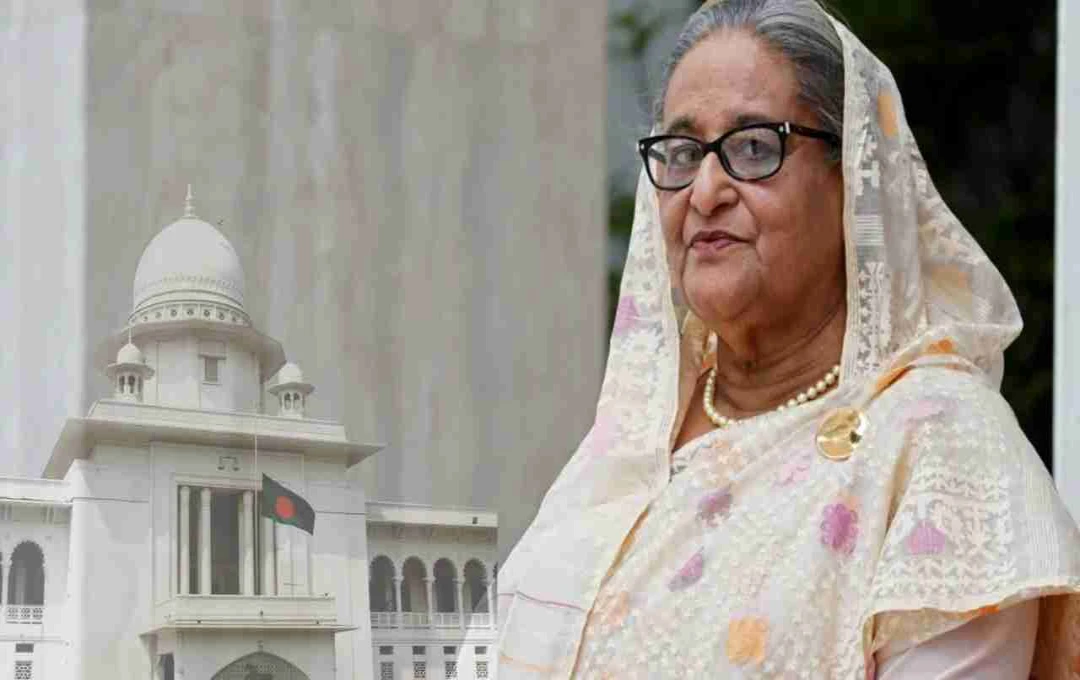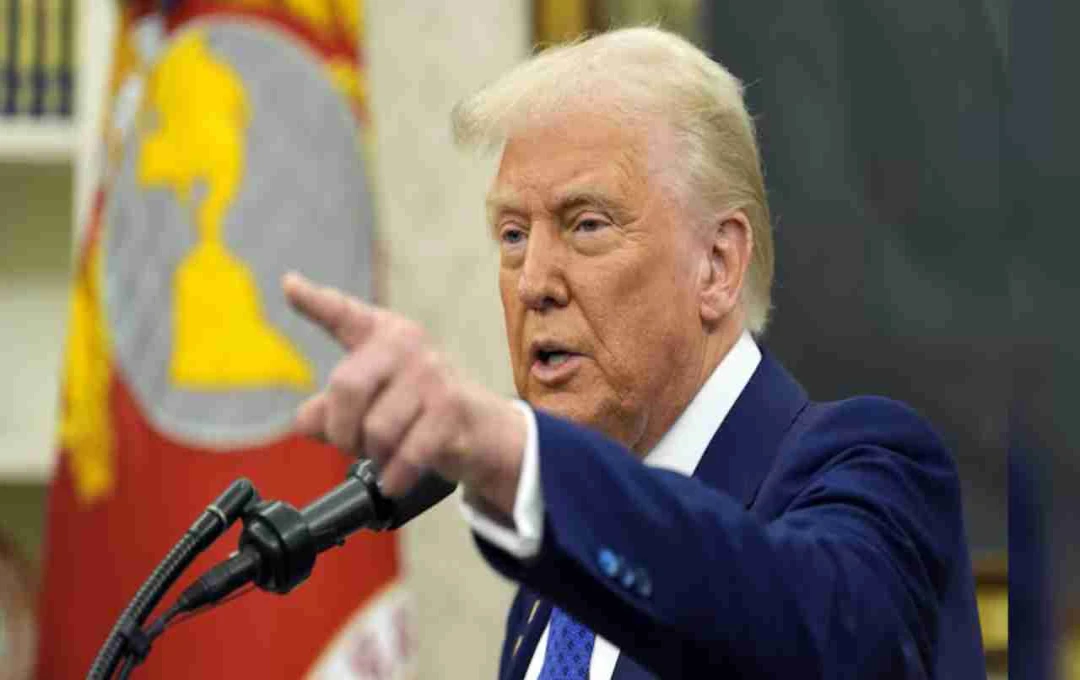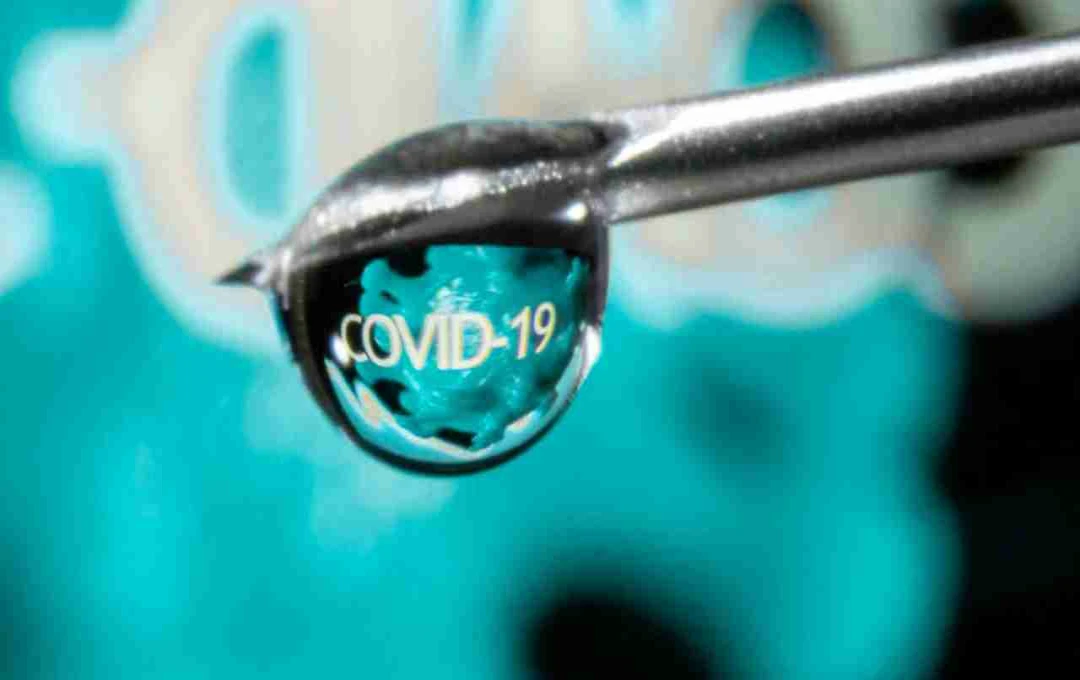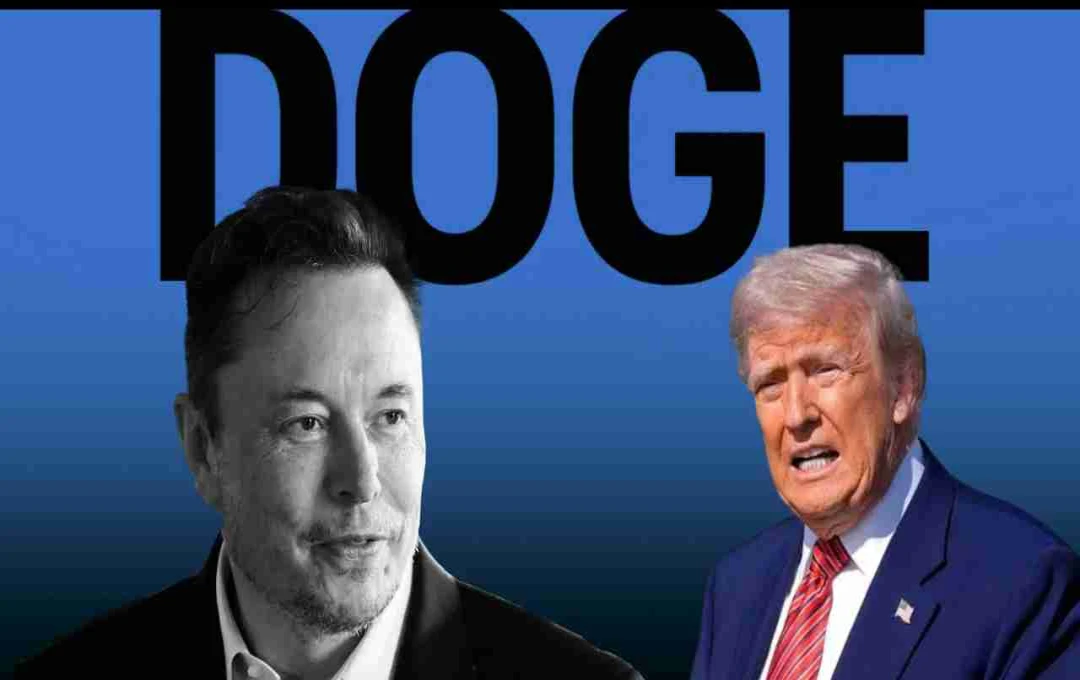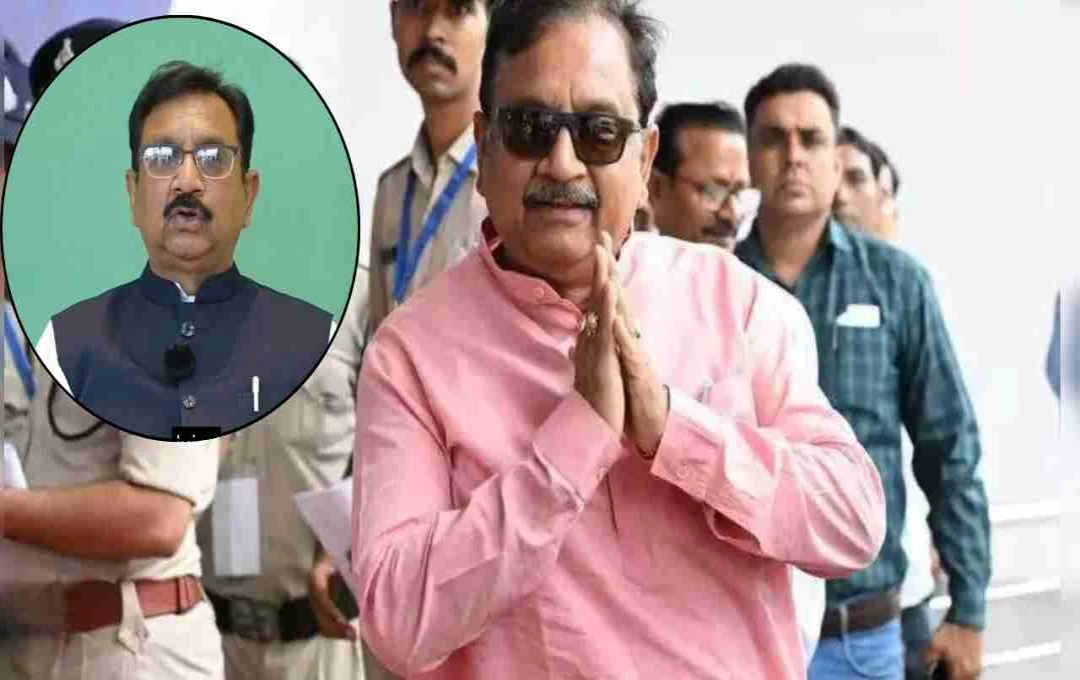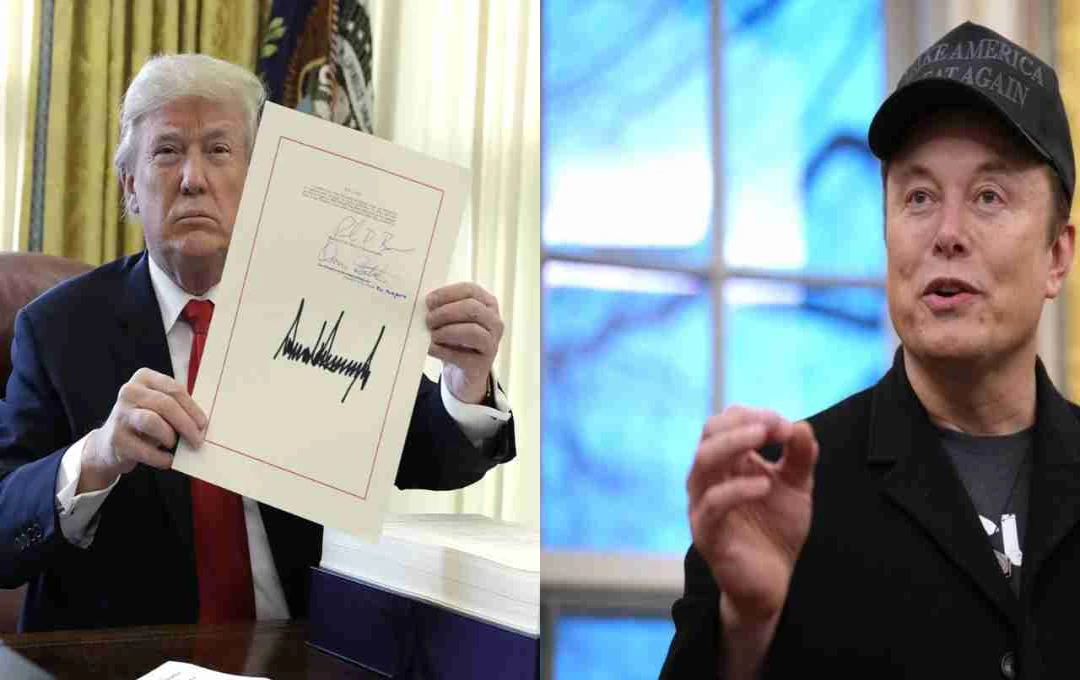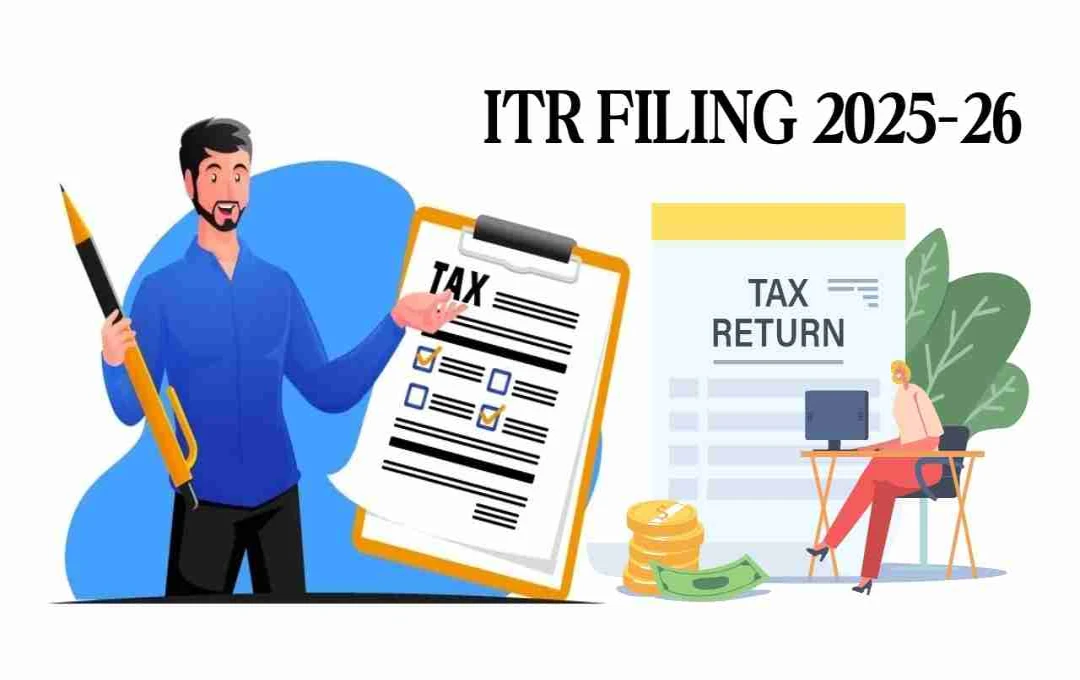Canada's Election Results Imminent; Liberal Party Poised for Fourth Consecutive Victory. Mark Carney Could Become Prime Minister, with Trump's Statements Cited as a Contributing Factor.
Canada Election 2025: Preliminary results from Canada's 2025 general election are emerging, indicating a likely fourth consecutive victory for the Liberal Party. Mark Carney, the party leader, is bly positioned to become Prime Minister. Significantly, this potential win is being attributed, in part, to US President Donald Trump's trade war pronouncements and his controversial statement about making Canada the "51st state." This issue played a crucial role in shaping the Canadian electoral landscape.
Liberal Party Nears Majority
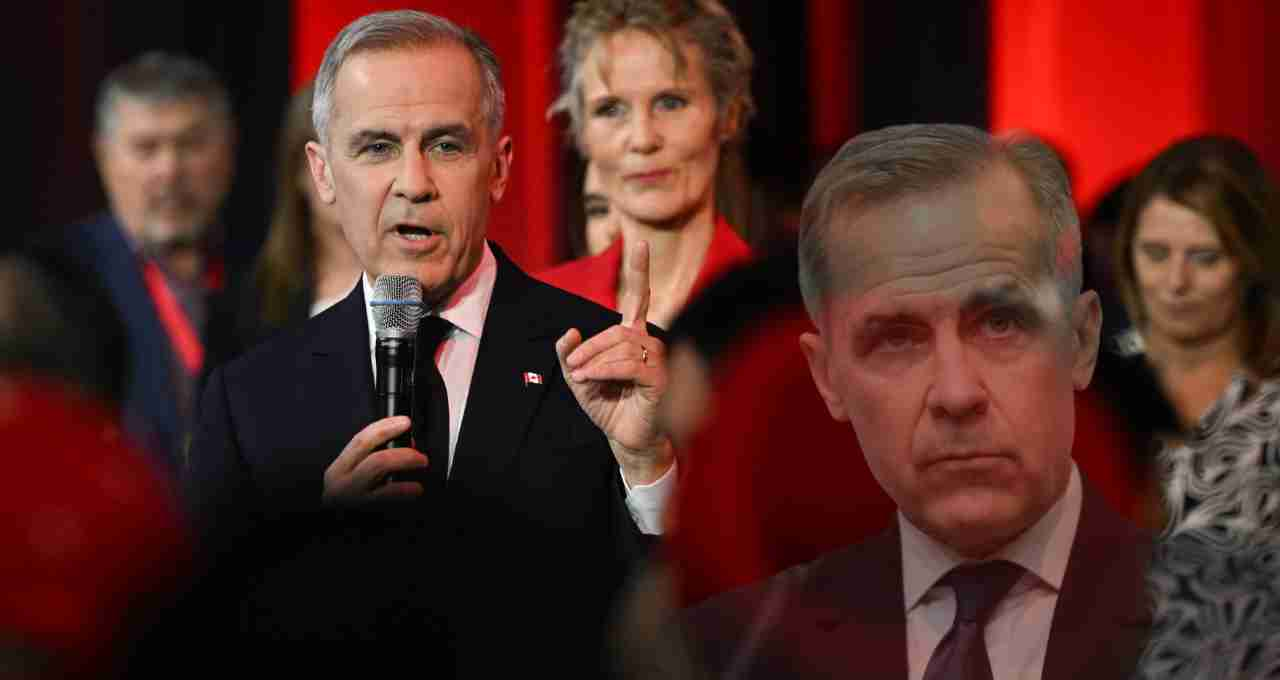
With 343 parliamentary seats in Canada, Liberal candidates have solidified their position in a significant number of constituencies. According to reports from the Canadian Broadcasting Corporation (CBC), the Liberal Party is nearing a majority, although the final outcome—whether a complete majority or a minority—remains uncertain.
A majority win would be a significant achievement for Mark Carney, fulfilling his ambition to become Prime Minister and securing a fourth term for his party in power.
Opposition to Trump's Statements and the Liberal Party's Strategy
The Liberal Party's potential victory is viewed as a reflection of its b stance against US President Donald Trump. During his election campaign, Trump made the controversial suggestion of making Canada the 51st state. This statement generated considerable dissent and opposition within Canada, which the Liberal Party strategically incorporated into its election campaign.
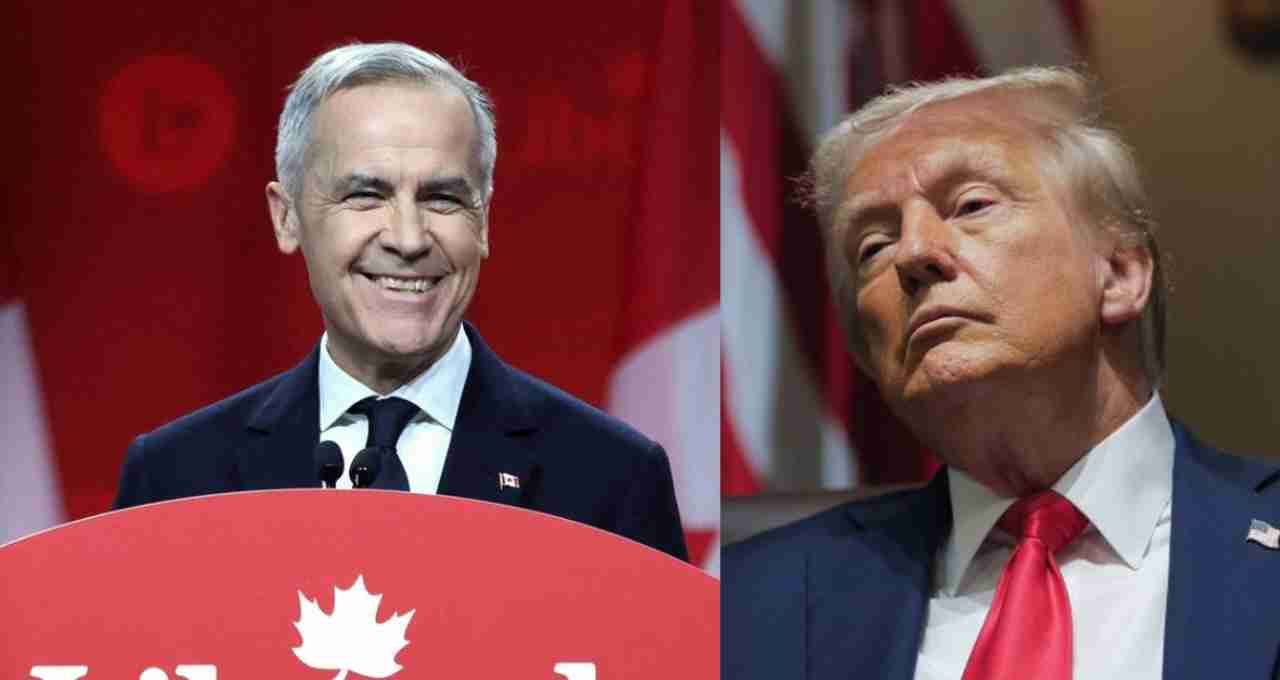
Prime Minister Mark Carney and his party openly opposed Trump's statement, making it a central plank of their electoral platform. They framed Trump's statement as an affront to Canadian sovereignty and an insult to Canadian citizens. This opposition resonated with the Canadian public, contributing to increased support for the Liberal Party.
This issue became a major political agenda item in the Canadian election, ultimately creating an opportunity for the Liberal Party's return to power. Mark Carney adopted a firm stance against Trump on this issue, emphasizing the need for stability and independence in Canada.
Justin Trudeau's Resignation and Mark Carney's Leadership
Former Canadian Prime Minister Justin Trudeau's popularity had waned in recent years, marked by several controversies during his tenure. Public dissatisfaction, fueled by rising inflation and housing costs, led to his resignation, paving the way for Mark Carney to assume leadership of the Liberal Party.
Mark Carney, a former two-term Governor of the Bank of Canada, brought his economic expertise and political acumen to the party's leadership. His substantial economic and political experience may have contributed to his success in the election.
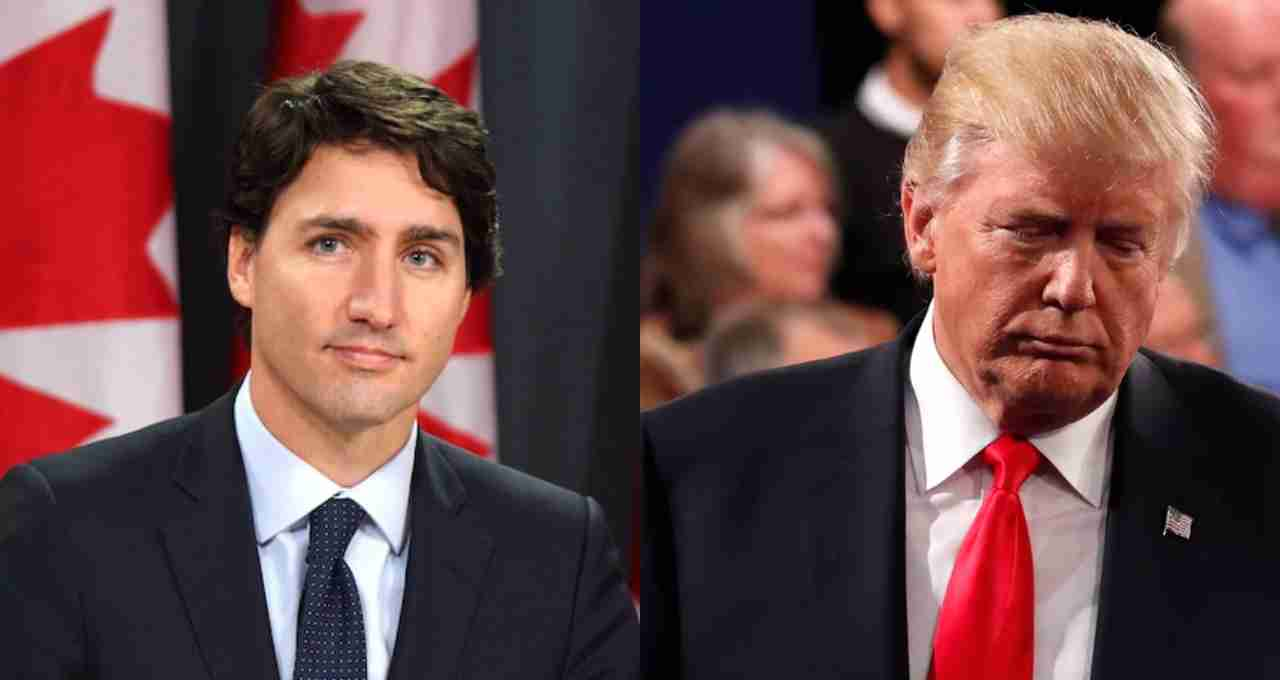
Inflation and the Electoral Climate
Canada experienced a significant surge in inflation in recent years, with record-breaking increases in food and housing costs. This rising inflation caused considerable distress among Canadians, leading to public protests against the government. This discontent weakened Justin Trudeau's position, ultimately forcing his resignation.
Mark Carney clearly articulated his party's position on inflation and other economic issues, promising to work towards stabilizing Canada's economic situation. Simultaneously, he reiterated his opposition to Trump's "51st state" statement, pledging to protect Canada's sovereignty and independence.
Political Upheaval Caused by Trump's Statement
Donald Trump's proposal to make Canada the 51st state sparked widespread debate both nationally and internationally. Canadians viewed Trump's statement as offensive and a direct challenge to national sovereignty.
By incorporating this issue into their election campaign, the Liberal Party solidified their political standing. This injected new energy into the Canadian electoral landscape, resulting in public support for the Liberal Party under Mark Carney's leadership.
